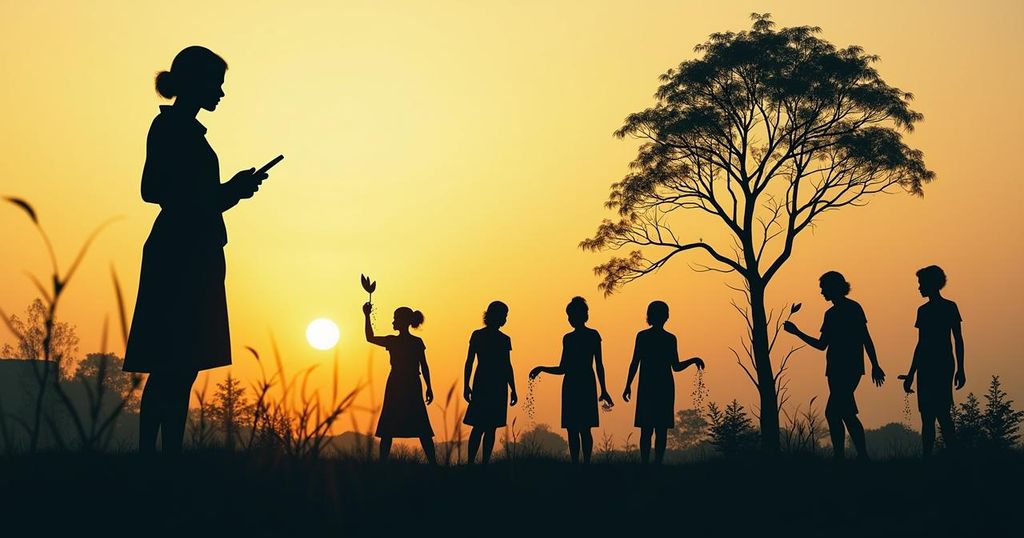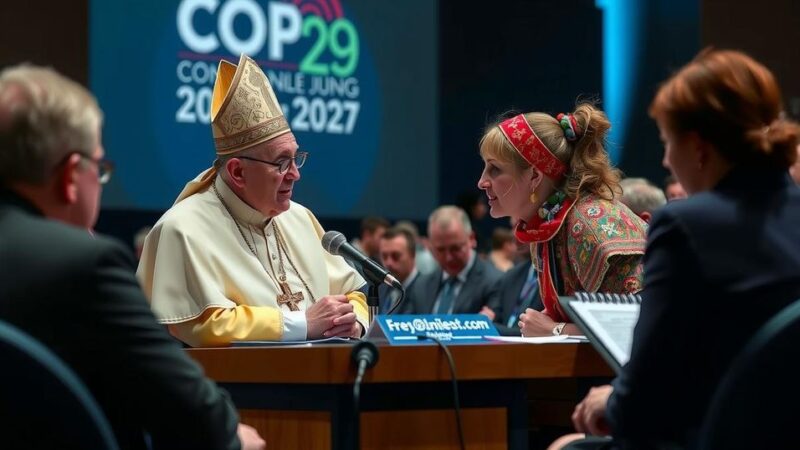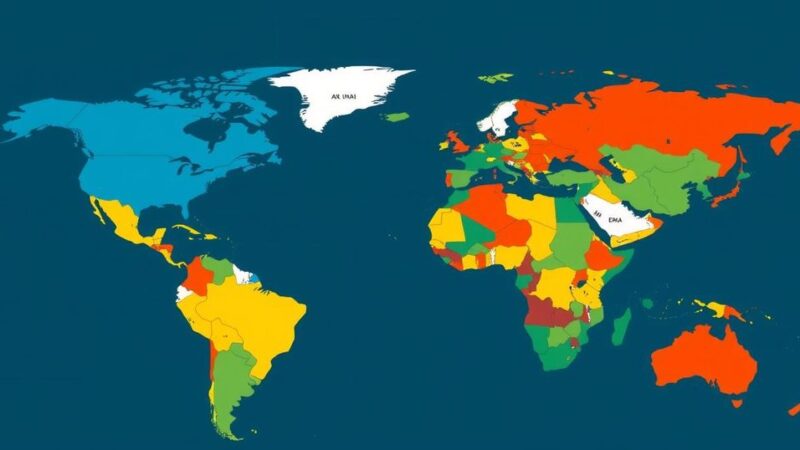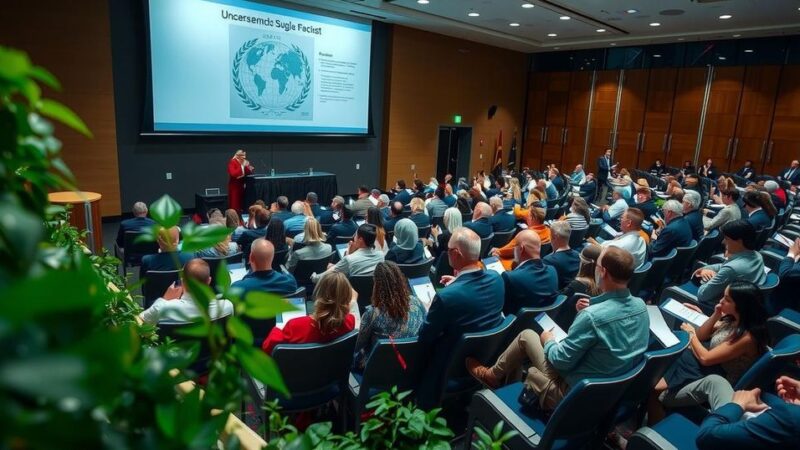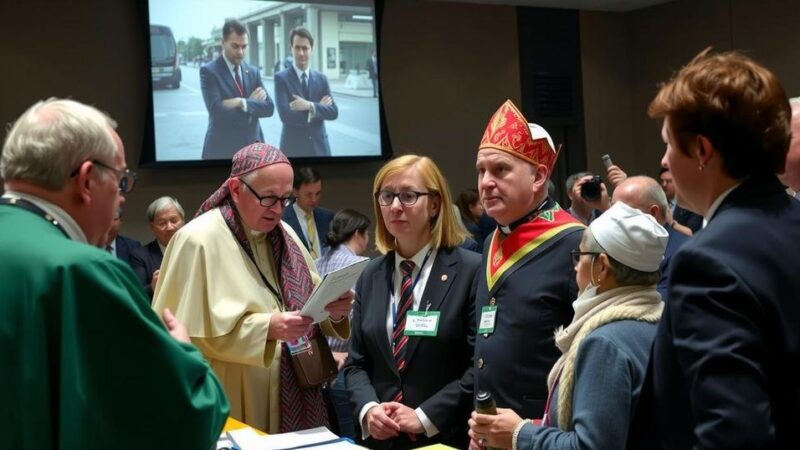Syeda Rizwana Hasan, Environment Adviser of Bangladesh, stated that women, especially mothers, are disproportionately affected by climate change and natural disasters. She highlighted specific struggles faced by women in regions like Khulna, particularly regarding clean water scarcity and health issues during pregnancy. The event, supported by UN Women, emphasized the importance of acknowledging climate change’s effects and called for increased financial support from developed nations.
On October 7, 2024, in Dhaka, Environment Adviser Syeda Rizwana Hasan delivered a poignant address highlighting the disproportionate impact of climate change on women, particularly mothers. Speaking at the “Annual Community of Practice Network Convention 2024” organized by Manusher Jonno Foundation at the BRAC Centre Inn, she emphasized that women, as the primary caretakers in households, face significant challenges in ensuring their family’s sustenance during natural disasters and climate events. Adviser Hasan specifically referred to the struggles of women in areas like Khulna, where a scarcity of clean water has led many to resort to birth control measures to manage menstruation. Furthermore, she noted that pregnant women often experience health issues, such as high blood pressure, exacerbated by saline water contamination. Despite the region possessing abundant water resources, there remains a severe lack of safe drinking water, she lamented. The convention, which received support from UN Women, gathered professionals and activists dedicated to climate adaptation and gender equality. During her remarks, Rizwana Hasan called for increased acknowledgement of climate change’s effects, asserting that many people tend to overlook the linkage between extreme weather phenomena, such as heatwaves and floods, and climate change itself. She also underscored the necessity of regional cooperation in addressing the challenges posed by climate change. “Next month, all countries will gather to discuss how to support nations affected by climate change. Developed countries burn more fossil fuels, yet they fail to deliver promised funds to the affected nations through the Loss and Damage Fund,” she pointed out, while highlighting Sweden as a rare exception to the trend of inaction among developed nations. The event concluded with Rizwana Hasan honoring five exemplary women-led initiatives focused on climate change adaptation, further illustrating the critical role of women in tackling environmental issues.
The impact of climate change is a pressing global concern, significantly affecting vulnerable populations, particularly women. In Bangladesh, women often bear the brunt of adverse environmental changes due to their roles as primary caregivers and providers for their families. This reality is exacerbated by economic dependencies and societal norms that place additional burdens on women during climate-related disasters. Access to clean water, health challenges during pregnancy, and the need for family planning under duress are some crucial issues raised by experts in the context of climate change in Bangladesh.
In summary, Environmental Adviser Syeda Rizwana Hasan highlights the critical challenges faced by women in Bangladesh due to climate change. Her address at the Annual Community of Practice Network Convention 2024 emphasizes the need for enhanced recognition of these challenges and encourages regional collaboration to address climate impacts effectively. Moreover, the discussion underscores the importance of financial support from developed nations to mitigate the effects of climate change on vulnerable communities, particularly women.
Original Source: asianews.network
